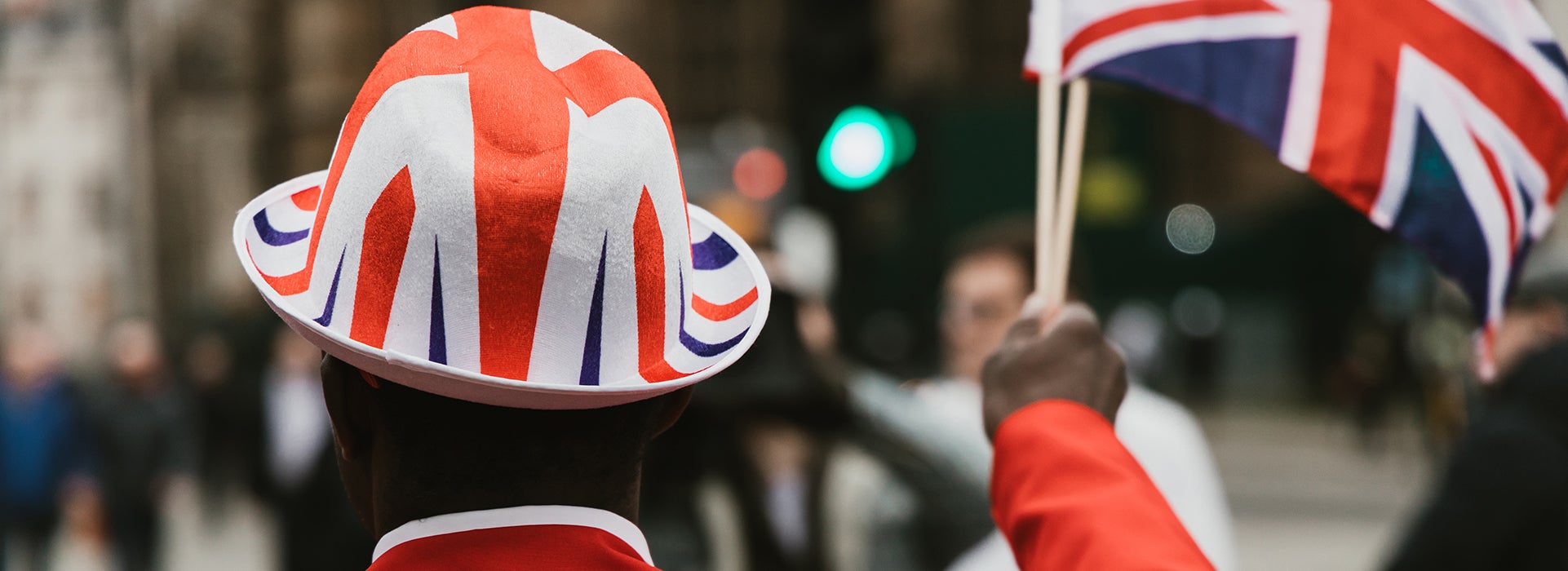The titles that adorn election programmes for the 2023 House of Representatives elections often have references to a unspecified past. For example, take the Nieuw Sociaal Contract party’s ‘Time for recovery’, PVV’s ‘Dutch people back at #1’ and JA21’s ‘The Netherlands back on track’. On the left, GroenLinks/PvdA uses the slogan ‘The Netherlands moving forward again. Together we can’.
We also see the nostalgic trend in the programmes themselves, which include many references to something that should be ‘back’ again, without specifying when that something existed. For example, the VVD states, “We must once again be a country where it is a matter of course that everyone can be themselves safely and freely. Unfortunately, this is no longer the case everywhere.” They also write, “We are convinced that we have to choose those things that will help bring back optimism and self-confidence in our country.” GroenLinks /PvdA states, “People want to regain control of their lives and environment.” And they write, “Our programme therefore has two speeds: we will restore the foundation as quickly as possible. And we will simultaneously build on the future by initiating reforms so that people and nature can flourish again.”
“In almost all programmes, you see something about how things used to be better, and that we need that again”, concludes political communication scholar Mariken van der Velden. “Nostalgia is perfect for this—it is a romantic image of the past from which you remember certain things, and you have clearly forgotten others. So, you can frame the past however it suits you.”
Voters hit on nostalgic message
This is startling, but it is in line with what voters want, Van der Velden points out. Earlier this year, she surveyed voters during the provincial council elections about nostalgic feelings they had. Together with colleagues Alberto López Ortega, Denise Roth and Puck Guldemond, she used these responses for a research article on nostalgic rhetoric and concluded that both left-wing and right-wing voters have feelings of nostalgia.
People feel nostalgia for different moments in the past, the researchers write, ”both very defined moments in the past, such as the Fall of the Berlin Wall on the ninth of November in 1989 or Mandela’s prison release on the eleventh of February 1990, but also for less defined moments in time, such as the Post WW-II times in the Netherlands (Wederopbouw), the time before Social Media has penetrated our society, or before the Russian invasion in Ukraine.”
According to Van der Velden, this often involves a romanticised view of the past, even if it does not quite match reality. Some long for the postwar period in the Netherlands because of the positive mentality during the reconstruction, but they forget that many Dutch people were struggling economically back then. This also applies to people who long for the times of the Guilder currency. “This is a romanticised idea of wealth, as the Dutch society is a net-earner for the Euro transition ”, the researchers write.
In the study by Van der Velden and colleagues, we see, for example, that almost all left-wing voters indicate that economic inequality has made life worse. Voters on all sides agree that new modes of communication such as social media are negative developments. More than half of right-wing voters indicate that more immigrants and women in politics is a negative development, as is more ethnic diversity in the Netherlands.
Van der Velden explains, “In general, you see nostalgic feelings more among right-wing voters, but the message can also resonate with left-wing voters, depending on what you refer to. For example, right-wing parties more often refer to the past when it comes to immigration, while left-wing parties look back to the welfare state. And we see this reflected in the election programmes.”



